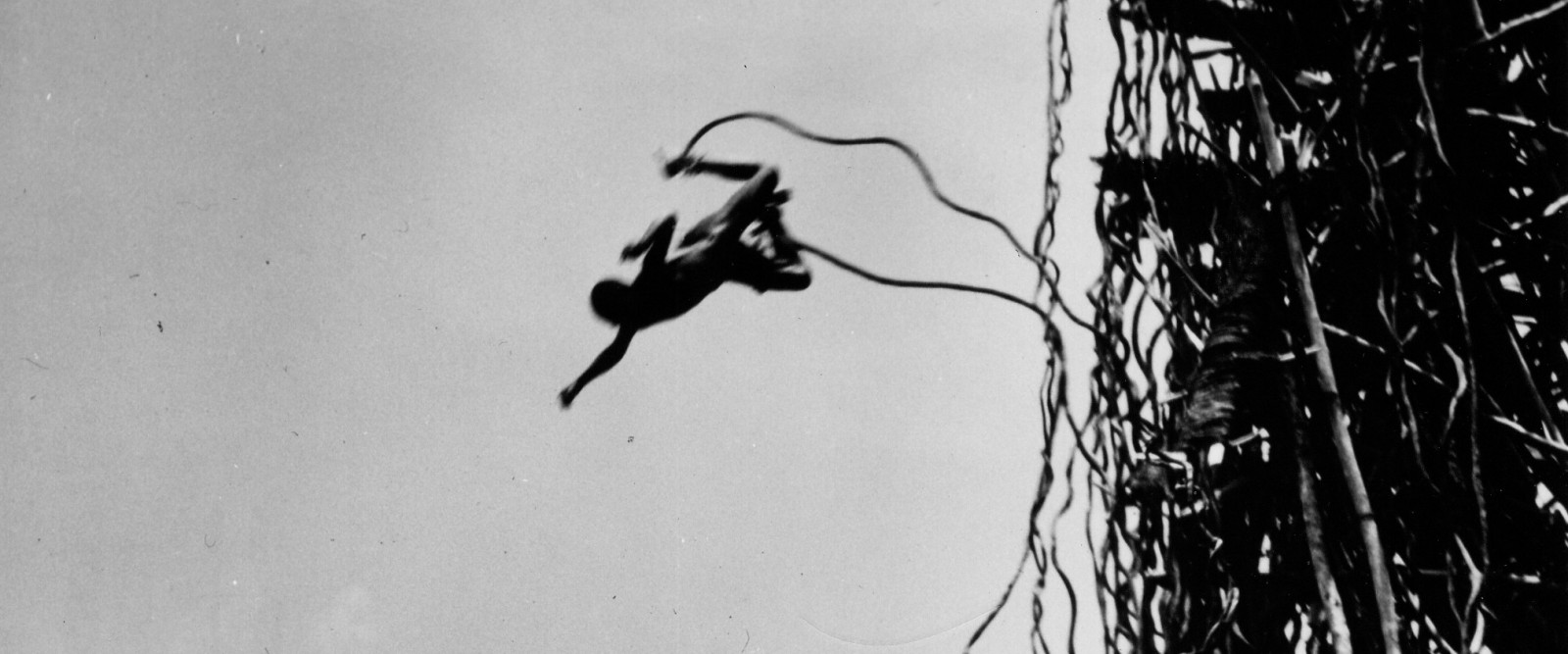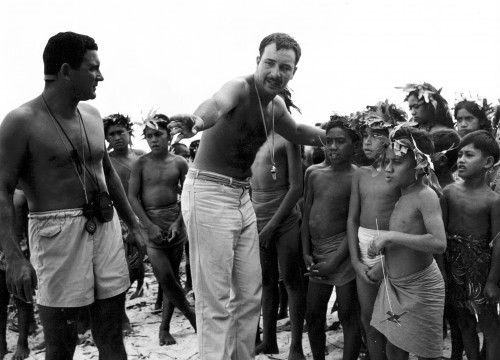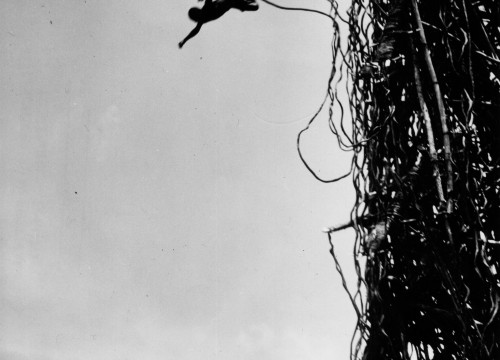Era così il paradiso in terra? Istinto e "transfert" emotivo nella natura? Per farcene un'idea dobbiamo andare in Polinesia con Folco Quilici. Attraverso il Cinemascope tutto appare come spiccato dal regno dell'innocenza, come lavato dalle pioggie miracolose di prima del diluvio. Qui la bilancia umana è sensibile a poche forze, elementari e integre, in cui gli isolani non temono di gettarsi da altezze inverosimili con le caviglie legate a lunghe liane, si affrontano nelle bluastre chiarità dei fondali gli squali più sanguinari, alla forza dell'amore per la propria isola e a quella dell'amore umano, carico di violenza e poesia. L'ultimo paradiso è colore e suggestione, ma è anche nostalgia. In ognuno di noi dorme l'infanzia dell'umanità, pronta a farsi desiderio indeterminato e struggente quando la desta un motivo, un accenno, una sollecitazione come questa. E' allora che anche un canto, un tamburo che batte acquistano significati remoti e molto importanti.
Director
Folco Quilici
Folco Quilici (Ferrara 1930 - Orvieto 2018) was an Italian documentarian and essayist. He has placed at the center of his work the relationship between man and the sea and, more generally, between history and the environment, drawing, with descriptive freshness, a genuine spirit of adventure and a taste for fables. Among his production, mostly directed at television, mainly concerns life in the Polynesian atolls, African cultures and Italian regions, we should mention "The last paradise" 1957, "From the Apennines to the Andes" 1959, the series "Italia vista from heaven "1966-78," Discovering India "1966-68," Fratello mare "1976," Mediterraneo "1972-76," Geo "1884-85; "Ship hunters" 1990, "Il Milione" 1997-98, "Infinite Italy" 1998-2001, "The marble empire" 2004.
... he Won the Silver Bear in Berlin for the film "The last paradise" 1957, while he obtained an Oscar nomination for "Tuscany" 1971 of the series "Italy from the sky"; the docu-film "Animals in the Great War" dates back to 2015, which documents the sacrifice of millions of animals used for various purposes in the conflict.
In 2006, FORBES magazine included him among the hundred most influential names in the world thanks to his films and books on the environment and cultures. In 2008 he was awarded the "La Navicella d'Oro" Award, conferred by the Italian Geographic Society.
Awards
Gallery


